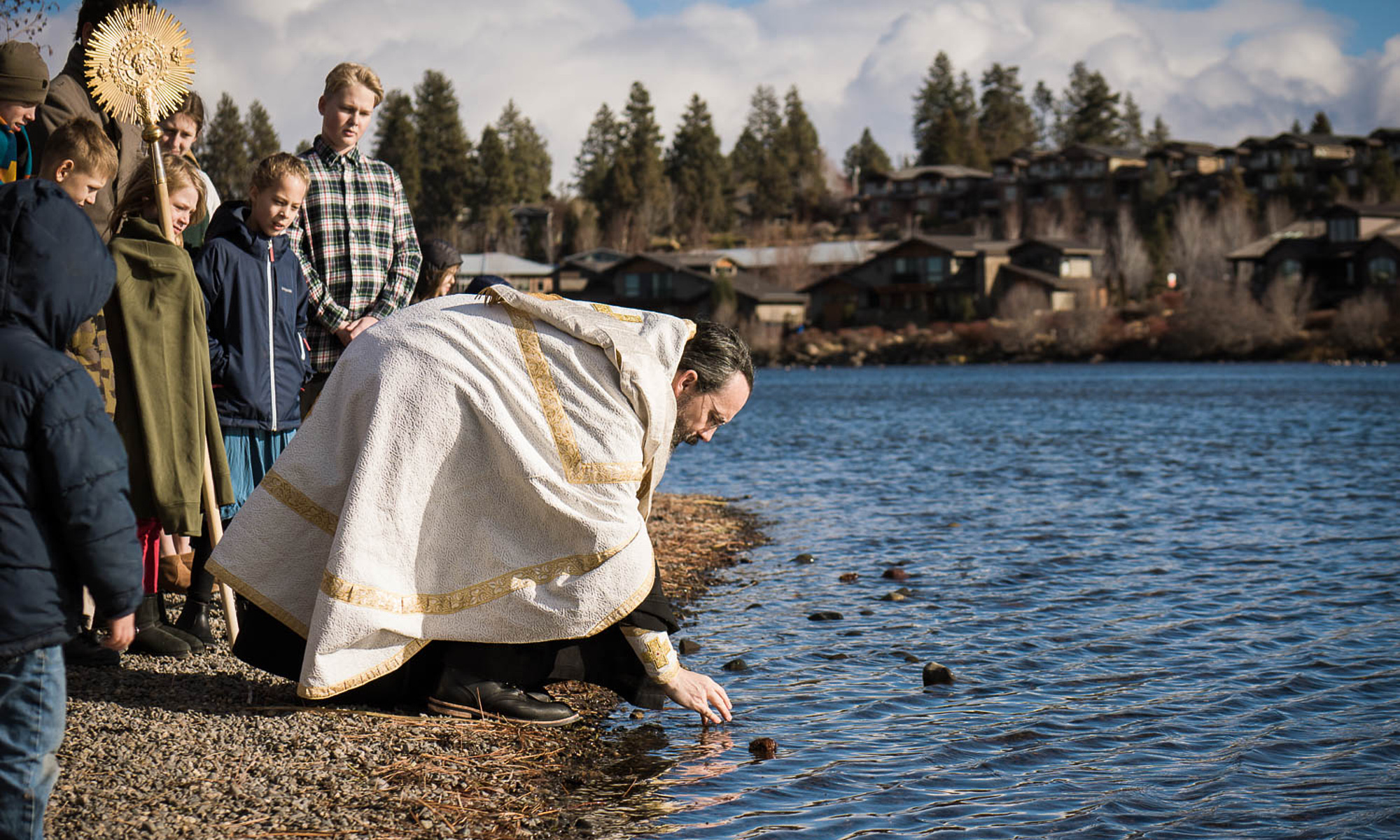God has graciously allowed these events for our benefit. That is, he has allowed, somewhat outside of the natural order of things, for a few individuals to come back from a temporary death, like Lazarus did, or in some other way to help relate to us who are still among the living, what awaits us when we die. Some were “sent back”; some spoke of what they saw as they were dying; and in one account—the most helpful—we have a much more complete account, continuing far beyond the few hours after death.
That being said, it is hard to even know what to call these experiences. Near-death experiences? “Near death” does not seem to fit so well, when some of these experiences not only neared death, but passed well beyond it. And I also will try to avoid the word “story”, since that might give it the feel of something fictional, something told around a campfire with a flashlight pointed up at my face. And indeed, many will be tempted to discount these stories, especially for the ways in which they are dissimilar. We will get to that, but the important point to make before we really get started is that these experiences were passed down to us for our benefit. The Lord allowed them for our benefit, and faithful Christians have handed them down to us. Most of these accounts mention this in some way, that they are for our benefit.
The writer of the life of Venerable Theodora of Constantinople (30Dec) ends all he has said by stating that his spiritual father “asked him to write down everything he had seen and heard, for the benefit of others.” And Venerable Bede, who relates three edifying cases to us (not so much in the feel-good, everything’s-great sort of way, either), speaks of this miracle taking place “to the end that the living might be saved from the death of the soul,” and this same one who came back from the dead, obviously quite changed by the experience, “forwarded the salvation of many by his words and example.”
And even when the stories do not have such a happy ending, like another of Venerable Bede’s accounts, he makes a point to relate the matter not in a sensational, attention-grabbing, book-selling sort of way, but rather “in a plain manner”, again, “for the salvation of my hearers.”
St. Bede seems to have started with his most encouraging account, and worked himself down to the most discouraging and frightening account. Though all these events have taken place and are recorded and passed down for our benefit, it certainly is possible for this message to fall on deaf ears. St. Bede’s last account is of a man who peers into his own terrible demise, and out of despondency, refuses the opportunity to avoid his unrepentant fate, and instead knowingly passes to his own damnation.
Please hear these words. Heed them. As one woman of 20th century Russia who rose from the dead said, “This is a great, living sermon from God.” (I will mention her more later.)
